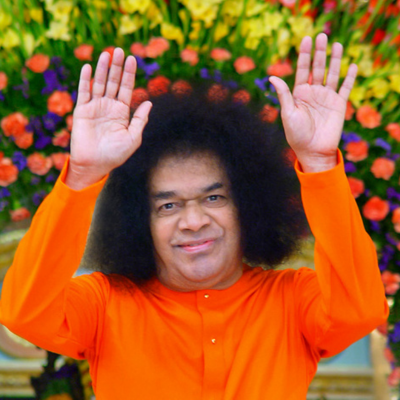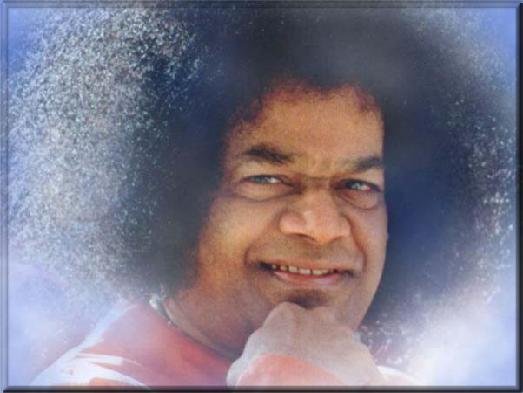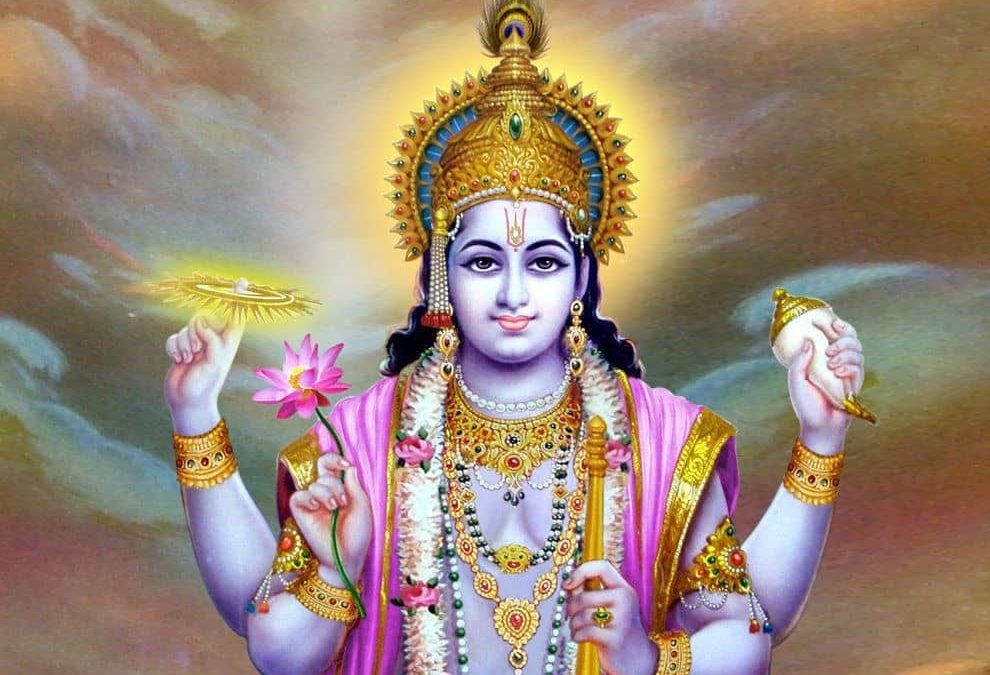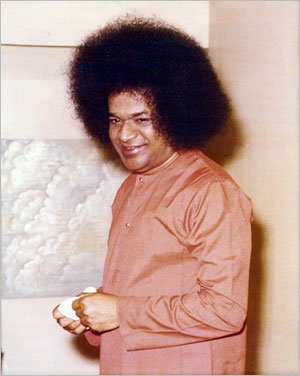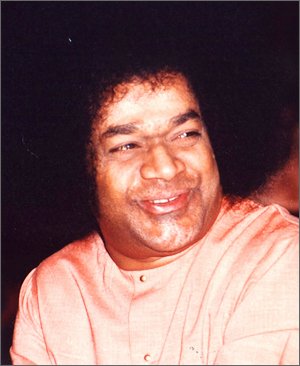Sivananda Lahari with meaning
Sivananda Lahari
Śivananda Lahari is a deeply devotional Sanskrit composition of one hundred verses by Adi Shankaracharya in praise of Lord Shiva, expressing the essence of bhakti (devotion) intertwined with jnana (knowledge) and ananda (bliss).
The title itself means “The Waves of Bliss of Shiva,” symbolizing the unending flow of divine joy that comes from meditating on and surrendering to Mahadeva. Unlike Shankaracharya’s more philosophical treatises such as Brahma Sutra Bhashya or Vivekachudamani, which focus primarily on Advaita Vedanta, this work highlights the sweetness of personal devotion, humility, and surrender to Lord Shiva, while not abandoning the vision of the ultimate non-dual truth. The verses begin with salutations to Shiva and Shakti, emphasizing that creation itself arises only when Shiva unites with Shakti, and that without her, even the supreme consciousness does not stir. From there, Shankara builds the vision of Lord Shiva as the supreme refuge, the remover of sins, the ocean of compassion, and the eternal protector of his devotees.
The poetry is filled with vivid imagery—Shiva’s matted locks carrying the Ganga, his third eye radiating divine fire, his blue throat holding the poison for the welfare of the world, and his abode in Mount Kailasa surrounded by devotees and ganas. Shankara does not merely praise the outward form, but repeatedly emphasizes Shiva as the inner self, the witness consciousness beyond time, space, and causation. The devotee’s longing for liberation, his fear of samsara, and his dependence on Shiva’s grace are expressed in moving, personal tones, showing a side of Shankara that is intimate and emotional. The verses describe the limitations of human life—frailty of the body, fleeting pleasures, the inevitability of death—and contrast them with the eternal bliss attained by surrender at the lotus feet of Lord Shiva. He assures that even sinners or those with no learning can reach the highest state if they remember Shiva with faith and love. Thus, Sivananda Lahari becomes not only a hymn of praise but also a manual of devotion, guiding seekers to combine chanting, meditation, surrender, and inner realization. The work balances philosophy and poetry: it reminds that Shiva is not merely an anthropomorphic deity but the very Paramatman, the formless Brahman, while also honoring his personal form that enchants and protects the bhakta.
The essence of the text is that intellectual knowledge alone is insufficient without the sweetness of bhakti, and true liberation is possible only when knowledge is infused with love for God. It is said that simply reciting or listening to the verses of Sivananda Lahari brings peace, destroys sins, strengthens devotion, and directs the mind inward to realize the bliss of oneness with Shiva. In the ocean of Shankara’s compositions, this stotra stands out as a wave of intimate divine love, blending the highest Advaitic wisdom with the tender devotion of a child to its father. It continues to inspire seekers, saints, and devotees across centuries, reminding them that the ultimate goal of life is to experience Sivananda—the boundless joy of resting in the grace and presence of Lord Shiva.





